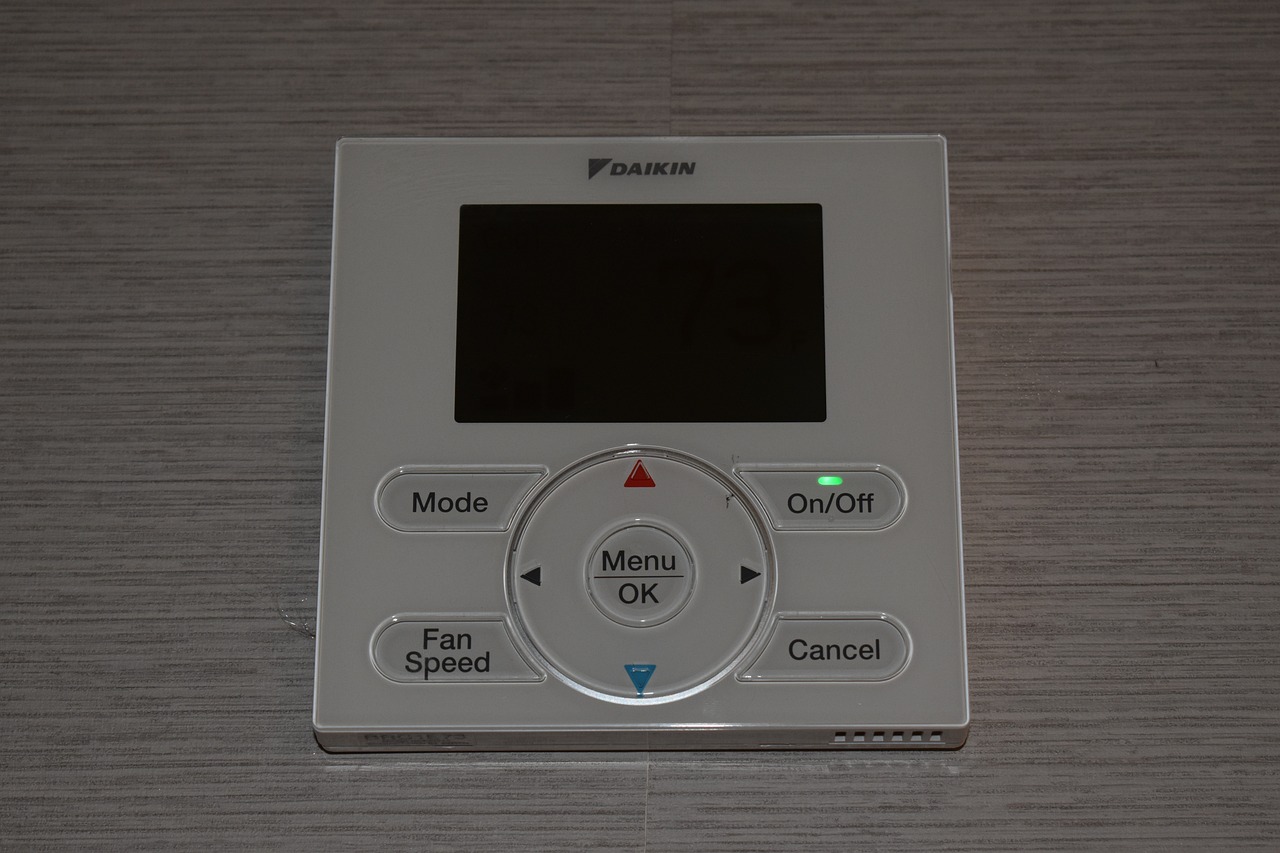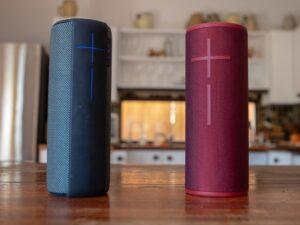Smart thermostats have revolutionized the way we manage home energy use, providing not only convenience but also significant savings on energy bills. Among the most popular smart thermostats on the market are those from Nest, Ecobee, and Honeywell. Each brand offers unique features and benefits that cater to different user needs. In this comprehensive comparison, we will delve into the specifics of each brand to help you determine which smart thermostat is the best fit for your home.
Nest Thermostats
Nest, a Google-owned company, is renowned for its sleek design and user-friendly interface. The Nest Learning Thermostat is the flagship model, known for its ability to learn your schedule and preferences over time.
Key Features
- Auto-Schedule: Nest Learning Thermostat automatically creates a personalized schedule based on your habits.
- Home/Away Assist: Uses sensors and your phone’s location to adjust the temperature when you leave or return home.
- Energy History: Provides detailed reports on your energy usage, helping you identify patterns and save more.
- Farsight: Lights up the display to show the temperature, weather, or time when it detects movement across the room.
- Remote Control: Manage your thermostat from anywhere using the Nest app.
Pros
- Intuitive design and easy-to-use interface.
- Advanced learning capabilities that adjust to your schedule.
- Integration with Google Assistant and other smart home devices.
Cons
- Higher price point compared to some competitors.
- Requires a C-wire for installation in some homes.
Ecobee Thermostats
Ecobee is another major player in the smart thermostat market, offering robust features with a focus on room-specific comfort. The Ecobee SmartThermostat with Voice Control is their top-tier model.
Key Features
- Room Sensors: Comes with SmartSensors to manage hot and cold spots and provide room-specific temperature control.
- Built-in Alexa: The thermostat has Amazon Alexa built-in, allowing for voice control and smart home integration.
- Eco+: A suite of features that automatically adjusts the temperature for energy savings when electricity is most expensive.
- Smart Home Integration: Works with Apple HomeKit, Google Assistant, Samsung SmartThings, and IFTTT.
- Remote Control: Use the Ecobee app to control your thermostat from anywhere.
Pros
- Room sensors for more precise temperature control.
- Built-in Alexa functionality.
- Excellent smart home integration options.
Cons
- Initial setup can be more complex due to the additional sensors.
- Higher upfront cost, though often offset by energy savings.
Honeywell Thermostats
Honeywell has a long history in the thermostat market and offers a wide range of smart thermostats. The Honeywell Home T9 Smart Thermostat is a standout model, known for its reliability and affordability.
Key Features
- Smart Room Sensors: Similar to Ecobee, Honeywell offers sensors to monitor temperature and humidity in different rooms.
- Geofencing: Uses your smartphone location to adjust the temperature when you are home or away.
- Flexible Scheduling: Offers customizable scheduling options to suit your lifestyle.
- Smart Alerts: Notifies you of extreme indoor temperatures and reminds you when to change your filter.
- Voice Control: Compatible with Amazon Alexa, Google Assistant, and Microsoft Cortana.
Pros
- More affordable compared to Nest and Ecobee.
- Reliable performance with extensive features.
- Easy installation process.
Cons
- The app interface is not as intuitive as Nest or Ecobee.
- Limited learning capabilities compared to Nest.
Comparison Table
| Feature | Nest Learning Thermostat | Ecobee SmartThermostat | Honeywell Home T9 |
|---|---|---|---|
| Learning Capabilities | Yes | No | No |
| Room Sensors | No | Yes | Yes |
| Voice Control | Google Assistant | Alexa | Alexa, Google, Cortana |
| Smart Home Integration | Google Assistant | Apple HomeKit, Google, SmartThings | Alexa, Google, Cortana |
| Remote Control | Yes | Yes | Yes |
| Geofencing | Yes | Yes | Yes |
| Price | $$$ | $$$ | $$ |
Conclusion
Choosing the right smart thermostat depends on your specific needs and preferences.
- Nest is ideal for those who prefer a system that learns and adapts to their schedule with minimal input, and who value seamless integration with Google’s ecosystem.
- Ecobee offers superior room-specific control and built-in Alexa, making it a great choice for users who want voice control and extensive smart home compatibility.
- Honeywell provides a reliable and cost-effective solution with essential smart features, suitable for users looking for an affordable entry into smart home climate control.
In summary, whether you prioritize advanced learning features, room-specific control, or affordability, there is a smart thermostat that fits your needs. By investing in a smart thermostat, you can enhance your home’s comfort, save on energy costs, and contribute to a more sustainable environment.




